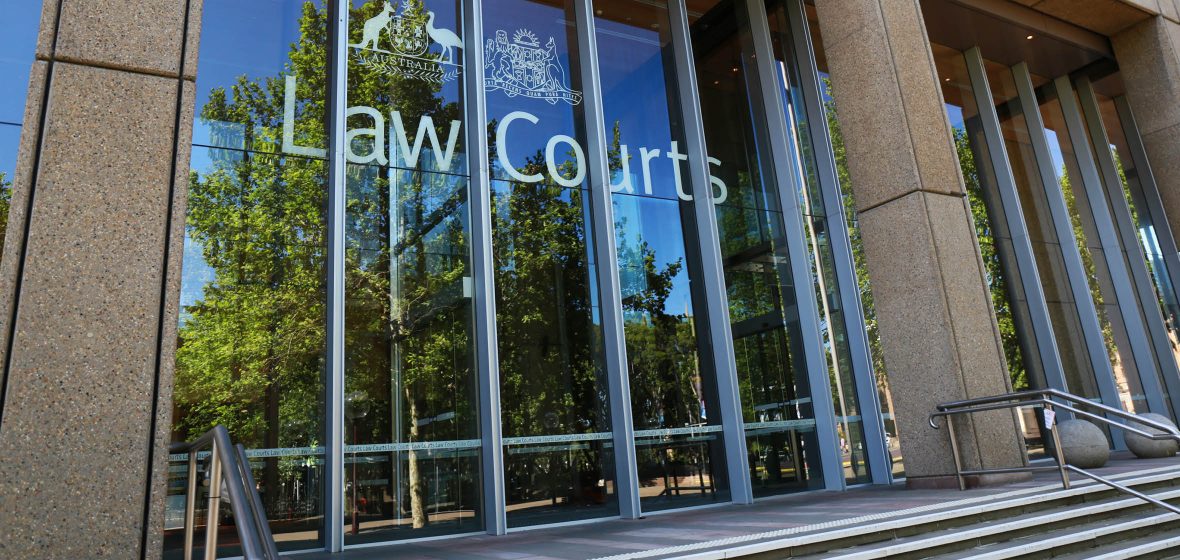Snapshot
- The Harman principle forbids the use of documents or information obtained in proceedings, for any purpose which is collateral to the proceedings, until the material has been received into evidence.
- A party can seek the court’s leave to use documents subject to the undertaking where ‘special circumstances’ exist.
- The obligation extends to any person who knows of the origin of the documents in court proceedings and breach of it is capable of constituting a contempt of court as well as attracting disciplinary sanctions.
The ‘Harman’ principle – or the implied undertaking as it is also known – is a significant rule of practice that applies in many common law countries including Australia, England and Canada. It is, however, not universally understood. As breach of it is capable of being a contempt of court, as well as being capable of constituting unsatisfactory professional conduct or professional misconduct, it is important for practitioners to have a thorough understanding of the rule.
A substantive legal obligation
The principle takes its name from the House of Lords’ decision in Harman v Secretary of State for the Home Department [1983] 1 AC 280, where the rule was expressed in terms of an ‘implied undertaking’ to the Court not to use documents obtained in obedience to a court order for a collateral purpose.
The content of the rule has been framed by the plurality of the High Court in Hearne v Street (2008) 235 CLR 125 (at 144-145) as follows:
’Where one party to litigation is compelled, either by reason of a rule of court, or by reason of a specific order of the court, or otherwise, to disclose documents or information, the party obtaining the disclosure cannot, without the leave of the court, use it for any purpose other than that for which it was given unless it is received into evidence.’




